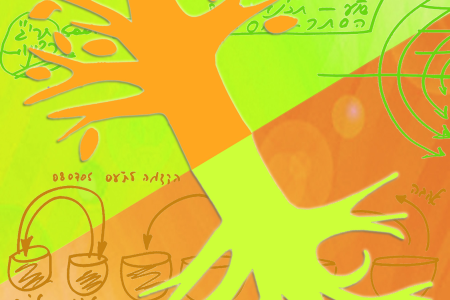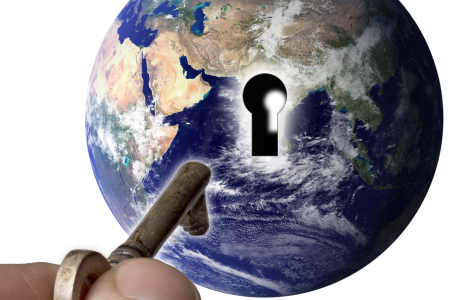What Moses Really Did
Moses was known for being different than other Kabbalists in that alongside the revelation that he obtained, he was ordered to make it known to the whole of humankind. That did not happen with previous Kabbalists. Since then, all Kabbalists form study groups.
Moses had seventy disciples, and Yehoshua Ben Nun (Joshua, the son of Nun) was the one who ultimately inherited both his wisdom and leadership. Moses did more than research the upper world. He dealt with the practical realization of his spiritual attainment in our world, such as the exodus from Egypt. With the wisdom he acquired and the upper forces he received from above, he was able to bring the people of Israel out of exile.
Moses’s task was to deliver the people of Israel out of Egypt and write a book with which any man could “conquer” the upper world and leave Egypt in the spirit—stop worshiping idols, objects, the sun, and other false gods. He wanted to enable people to obtain entry into the spiritual land of Israel, called the world of Atzilut—a world of eternity and wholeness. It is a situation that one attains inwardly, beyond the boundaries of time and space.
Why the Torah Isn’t What You Thought It Was
The method Moses introduced in his book is called Torah, from the word ohr (light). It contains instructions on how to use the light to enter the spiritual world, how to live for an eternal goal instead of the transient life we live in this world. With this book, a person can uncover the entire picture of creation, though he or she may experience just a tiny fraction of it. He or she can calculate correctly and attain the desired outcome, build his or her life toward the final goal, the one Moses wanted to attain. That is what a person who studies the method that Moses developed gradually achieves.
Continue reading “Why You Should Forget Everything You Thought You Knew about Moses”




